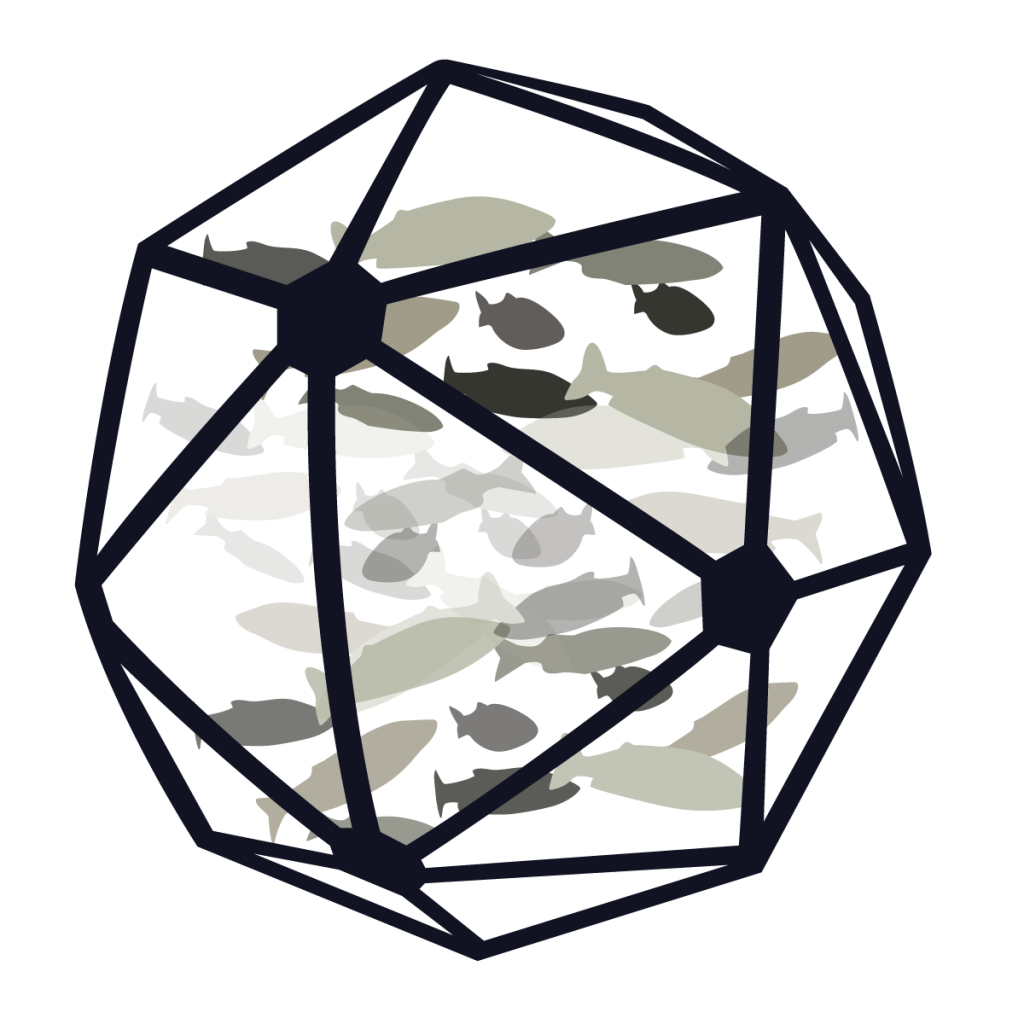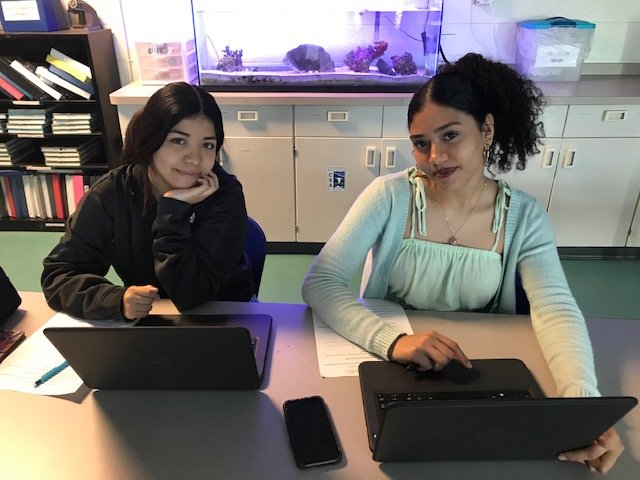Aquaculture is growing faster than any other animal food-production sector. The development of new technologies, stagnation of wild capture fisheries, and the increase in seafood demand are all contributing to a 5.3% increase in aquaculture production within the last two decades (FAO, 2020). While global aquaculture production continues to expand, the U.S. is experiencing a seafood trade deficit of $14 billion. The U.S. is clearly in urgent need of more domestic seafood production.
Aquaculture is a growing industry in Florida and one of the best opportunities for expanding seafood production is in offshore or open-ocean marine aquaculture. Offshore aquaculture production has the potential to help meet the protein requirements for a burgeoning population and provide seafood security. Additionally, it can help support working waterfront communities and even enhance recreational dive tourism and recreational fishing. However, the complexity of offshore production is not fully understood by the public. In fact, there is a small, but vocal, anti-aquaculture activist groups that often uses false or outdated information to undermine public confidence and resists even low-impact or environmentally responsible operations. Identified concerns include that the expansion of marine aquaculture will adversely impact fishing, harm coastal communities, and degrade the oceans for other recreational users.
Proper siting of offshore aquaculture farms can address many of the identified concerns. In response, NOAA scientists have developed a tool, Ocean Reports, that can instantaneously analyze more than 100 ocean datasets to develop maps, graphics, and other details of selected areas in the Gulf of Mexico and beyond. Users can get detailed information about habitats and species, industries in the area, potential hazards (such as undersea cables or shipwrecks), the economic value of ocean commerce, and other detailed oceanographic information.
Ocean reports has data useful to industry and science, but is user-friendly enough for other stakeholders, including students. Recently, students studying aquaculture at Freeport High School in Freeport, FL used the tool to search for potential offshore aquaculture sites off the coast of Florida. The tool is fun and easy to use, so feel free to visit the website to give it a try. https://www.marinecadastre.gov/oceanreports


- What’s Bugging You? - June 6, 2025
- Getting Your Farm Pond Ready for Spring - March 7, 2025
- The Rare Coastal Dune Lakes of Walton County - September 13, 2024
